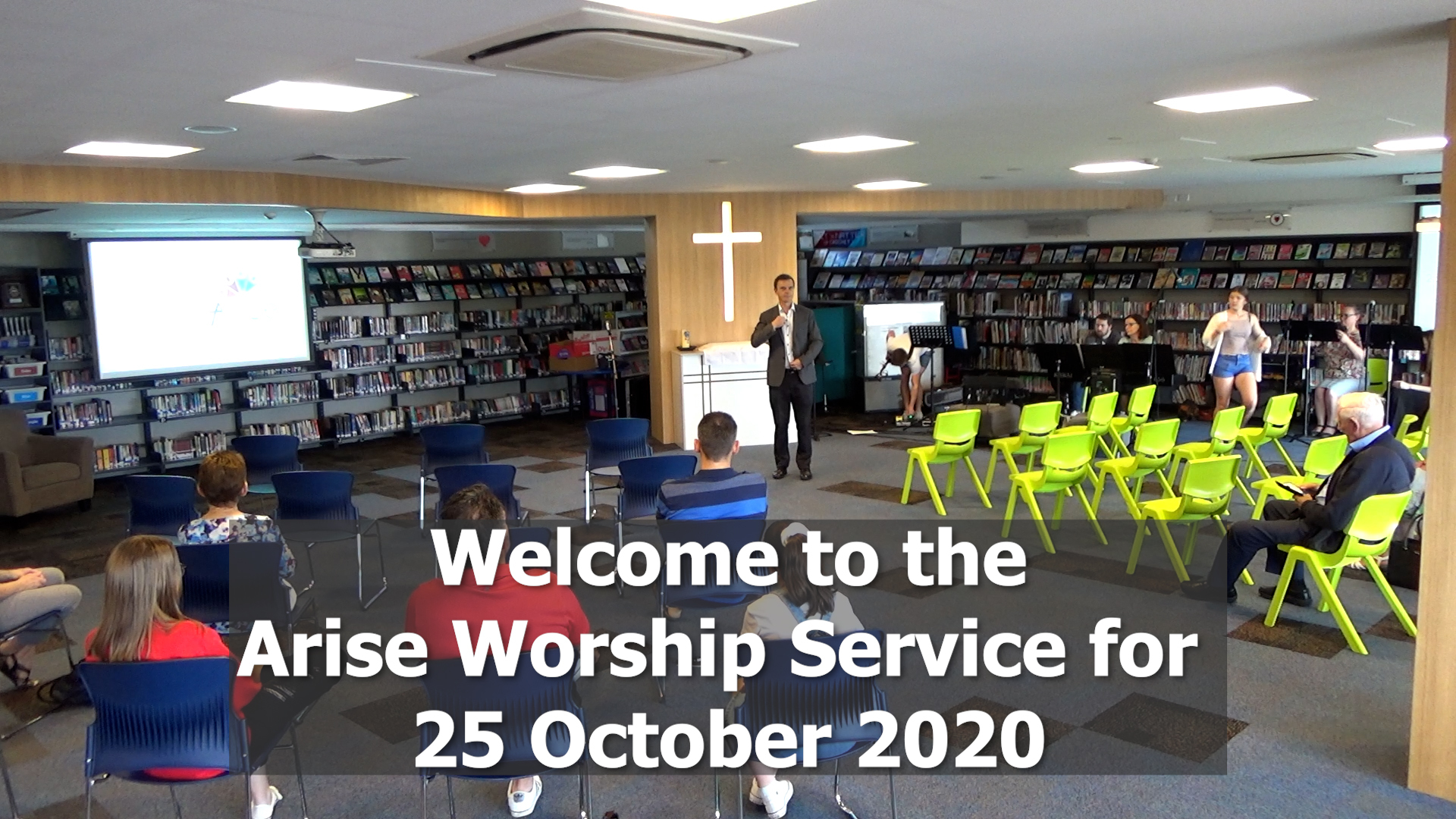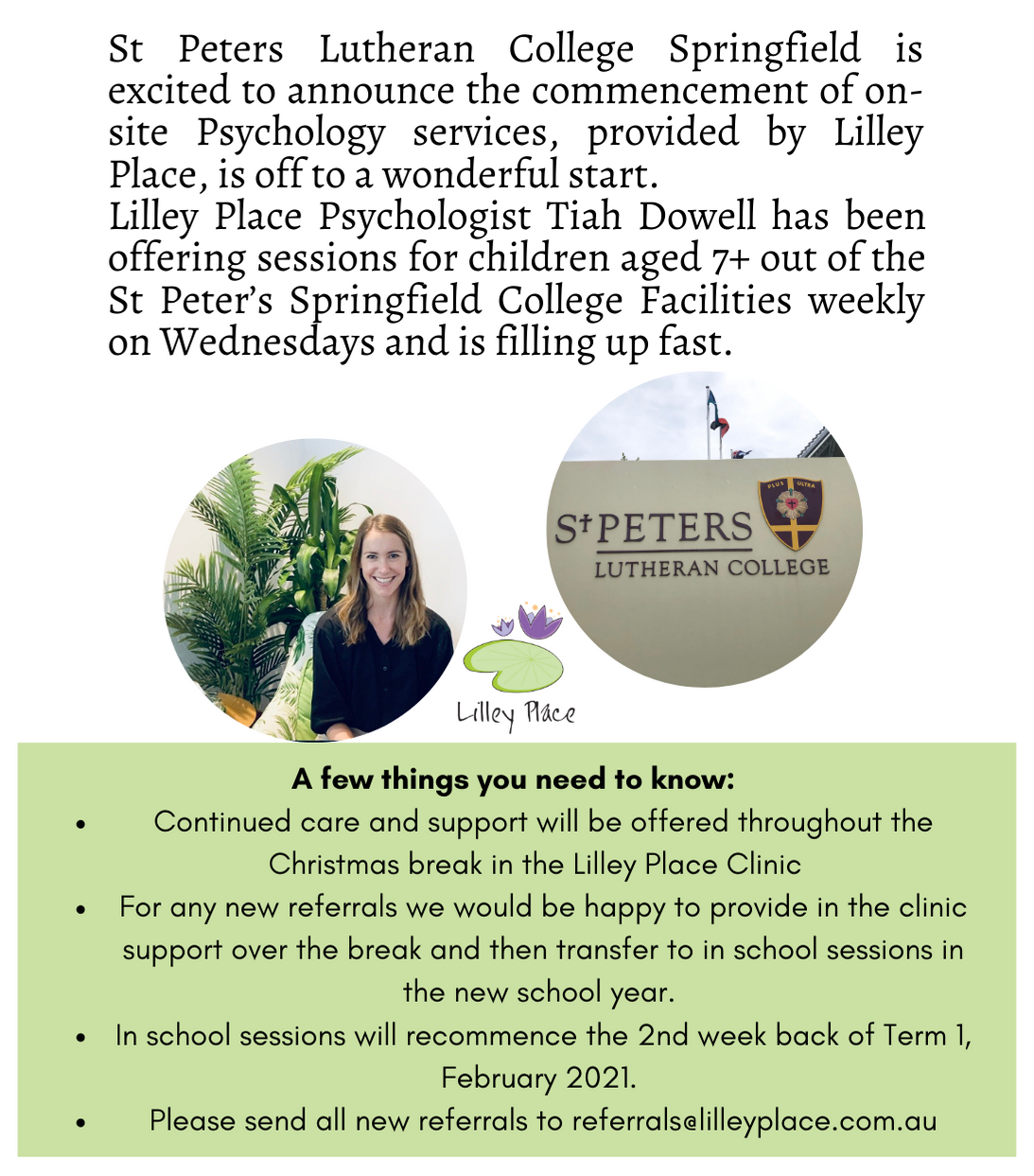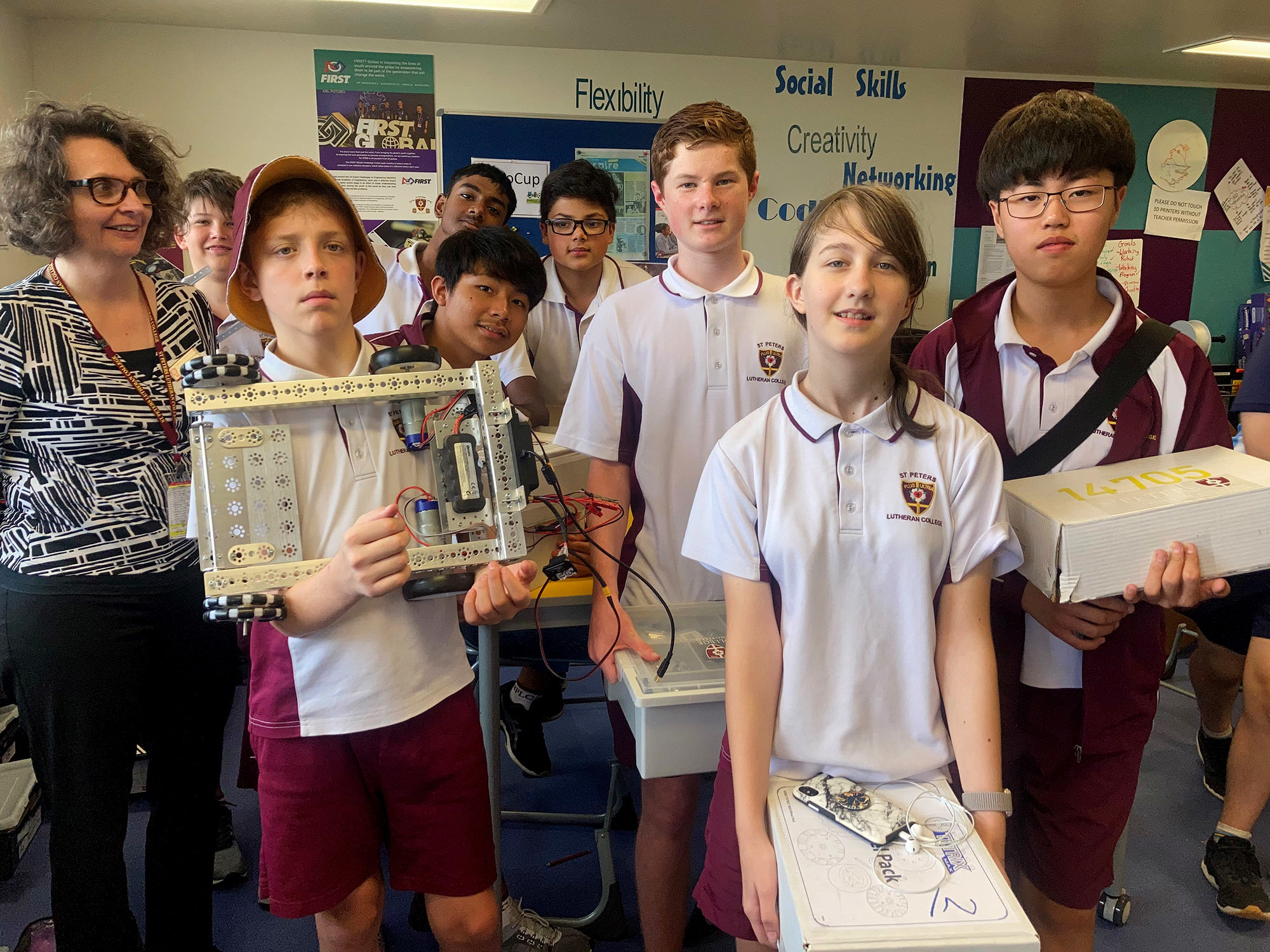What Do You Do With An Idea

Last Friday I had the pleasure of connecting with Lutheran school leaders in person at a conference in Brisbane.
Dr Michael Rosemann, Director of QUT’s Centre for Future Enterprise, Professor for Innovation Systems and Honorary Consul of the Federal Republic of Germany, was a provocative presenter who talked about resilient schools, ‘black swans’ – the impact of the highly improbable, antifragility and the learning economy. All very timely. He made the point that we are very good problem solvers, very good at being reactive and managing the present, but we find it much more challenging to think in the realm of future-shaping possibilities.
According to Dr Rosemann, given the exponential rate of change, it is the ability to learn that is the critical outcome required of education. At the core, is the ability to ask good questions. Warren Berger, author of The Book of Beautiful Questions, considers strong questioning skills to be a 21st Century survival skill which leads to deeper human connectivity, increased adaptability and capacity, to creative solutions and inspiring visions.
Our children in the earliest years question incessantly as they curiously seek to understand and connect with the world around them. Is this retained through life? Questioning is an essential pedagogical tool educators use in formal processes of education but most typically students learn that what is expected of them are not questions but answers. It is their answers that are fundamentally rewarded. Dr Rosemann gives his university students greater credit to the quality of their questions than to their answers, questions not just orientated to the here and now
but that give rise to deep thinking and the exploration of possibilities and the germination of ideas.

During book week, I read What Do You Do With An Idea?, written by Kobi Yamada and beautifully illustrated by Mae Besom, to our Prep students. If you ask the Preppies what you do with an idea they will tell you - you change the world! You can imagine 60 Preppies loudly and synchronously calling out to me YOU CHANGE THE WORLD!
Martin Luther asked big questions. This Saturday, 31 October, is known as Reformation Day in Lutheran circles. It is the day that Martin Luther posted his 95 theses in 1517, inviting theological debate about issues particularly pertaining to the sale of indulgences by which one could reduce or negate punishment for sin. Martin Luther incorrectly thought when church leaders heard of this practice, for which he could find no basis in scripture, that the practice would be ceased. He had no desire to see a fracture in the church. Such questions had been raised by others previously but were extinguished. At this time and place, with advances in new technology such as the printing press, these flickering questions grew into what we now call the Reformation which did not only change the Church but the world.
Leading European neuroscientist, Stanilislas Dehaene, author of How We Learn: The New Science of Education and the Brain, beseeches us not to underestimate children, to keep children active, curious, engaged and autonomous. It is important for brain growth to provide an enriching environment from an early age with such things as word and construction games, stories and puzzles, to have serious talks with our children, to answer their questions, even the most difficult, using elaborate vocabulary, and to explain to them what we understand of the world. It is our challenge, as parents and teachers, to ‘engage their intelligence so that their minds sparkle with curiosity and constantly generate new hypotheses’.
We want our young people to be creative and discerning, empowered to ask questions and well equipped for the fullness of life in our rapidly changing world with all its joys, challenges and possibilities. May God bless us all in our endeavour.
Craig Schmidt
Principal
Craig Schmidt reading with Prep students:





